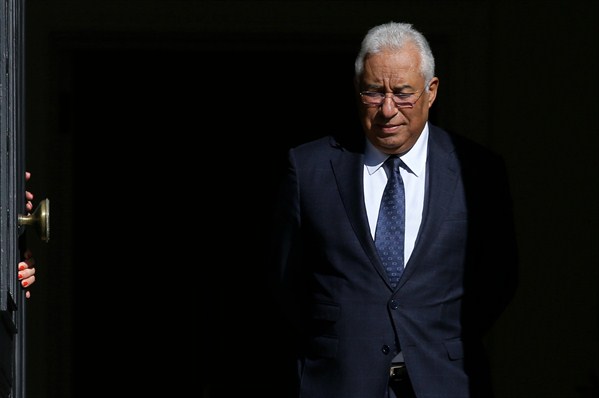Thousands of Portuguese nurses marched through Lisbon earlier this month to call for higher wages and better working conditions, as the main nurses’ unions negotiate with the government following a recent three-week strike that paralyzed the country’s health sector. Other public sector unions have taken similar actions, putting intense pressure on Prime Minister Antonio Costa, who survived a no-confidence motion last month. In an interview with WPR, Jorge Fernandes, a visiting scholar at Harvard University’s Center for European Studies, points out that this turmoil is largely a result of behind-the-scenes politicking by Portugal’s major political parties ahead of legislative elections that are scheduled for October.
World Politics Review: How did Prime Minister Costa survive the no-confidence motion against him?
Jorge Fernandes: The current Portuguese minority government is held up by what is sometimes called a “contract parliamentarianism” arrangement. Rather than a formal governing coalition, Costa’s Socialist Party, which lacks a majority in the legislature, has confidence-and supply-agreements with a number of small leftist parties, and coordinates with them on important votes, such as motions of no-confidence and annual budgets. Costa survived the no-confidence vote because the leftists voted against it.

